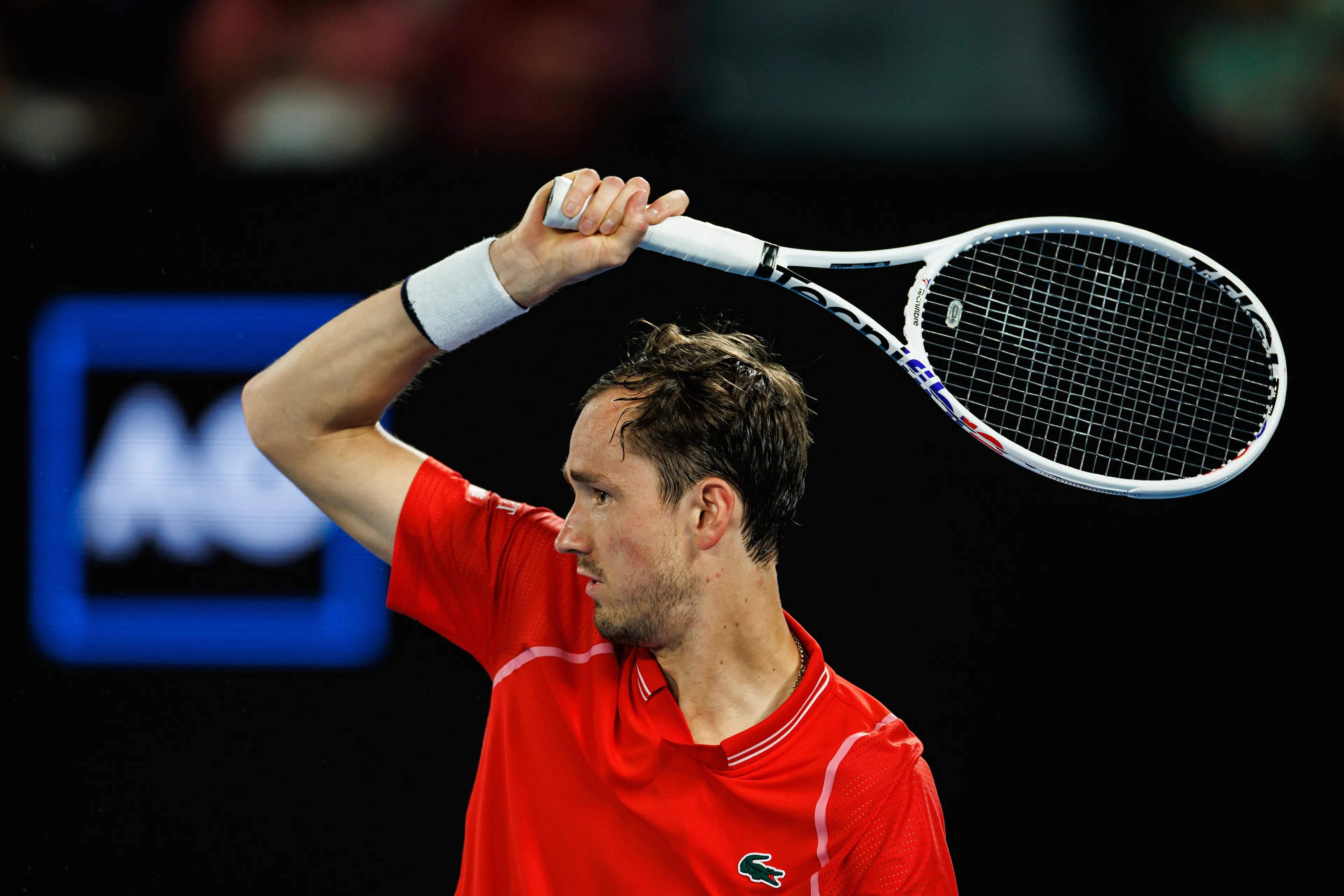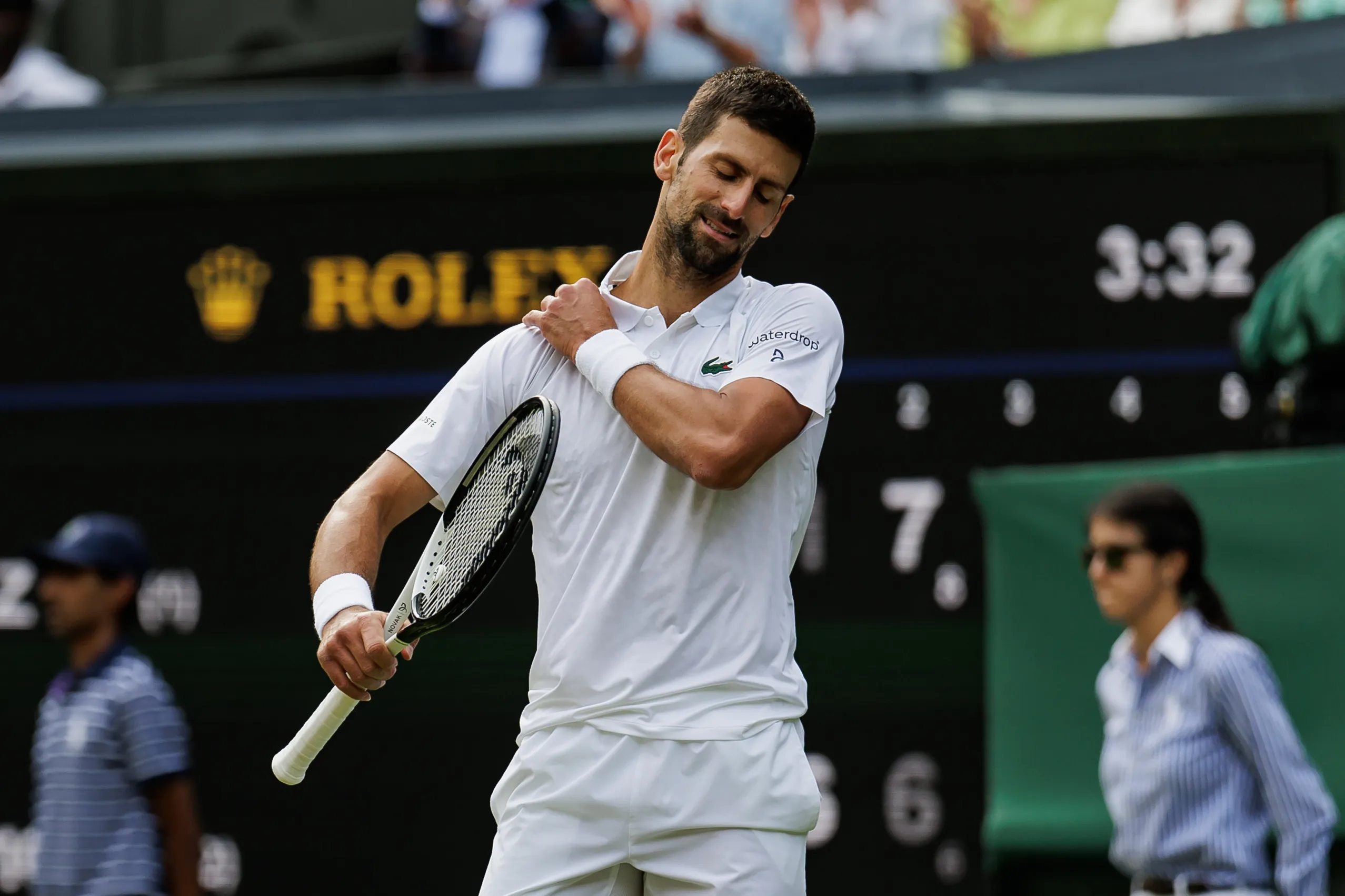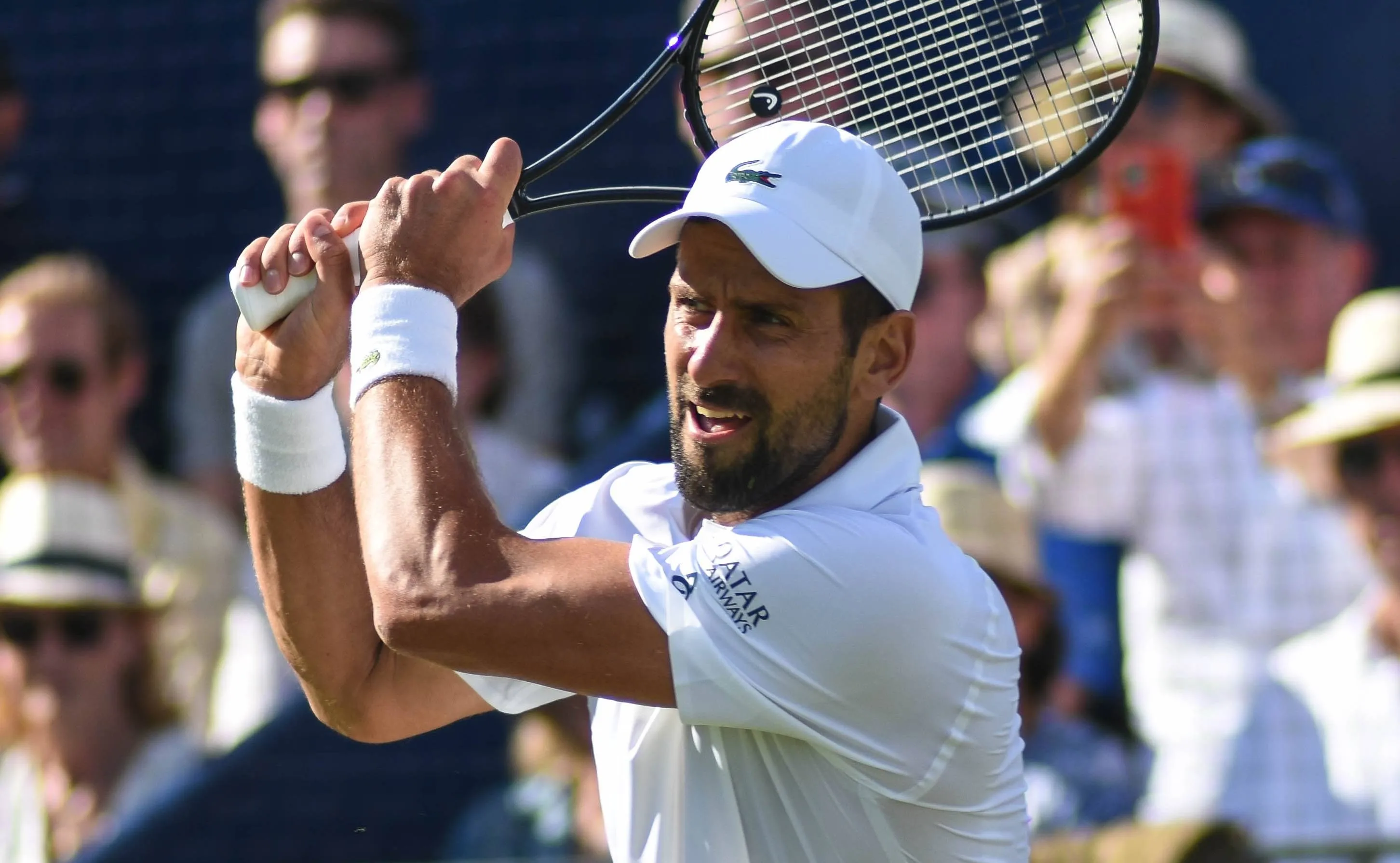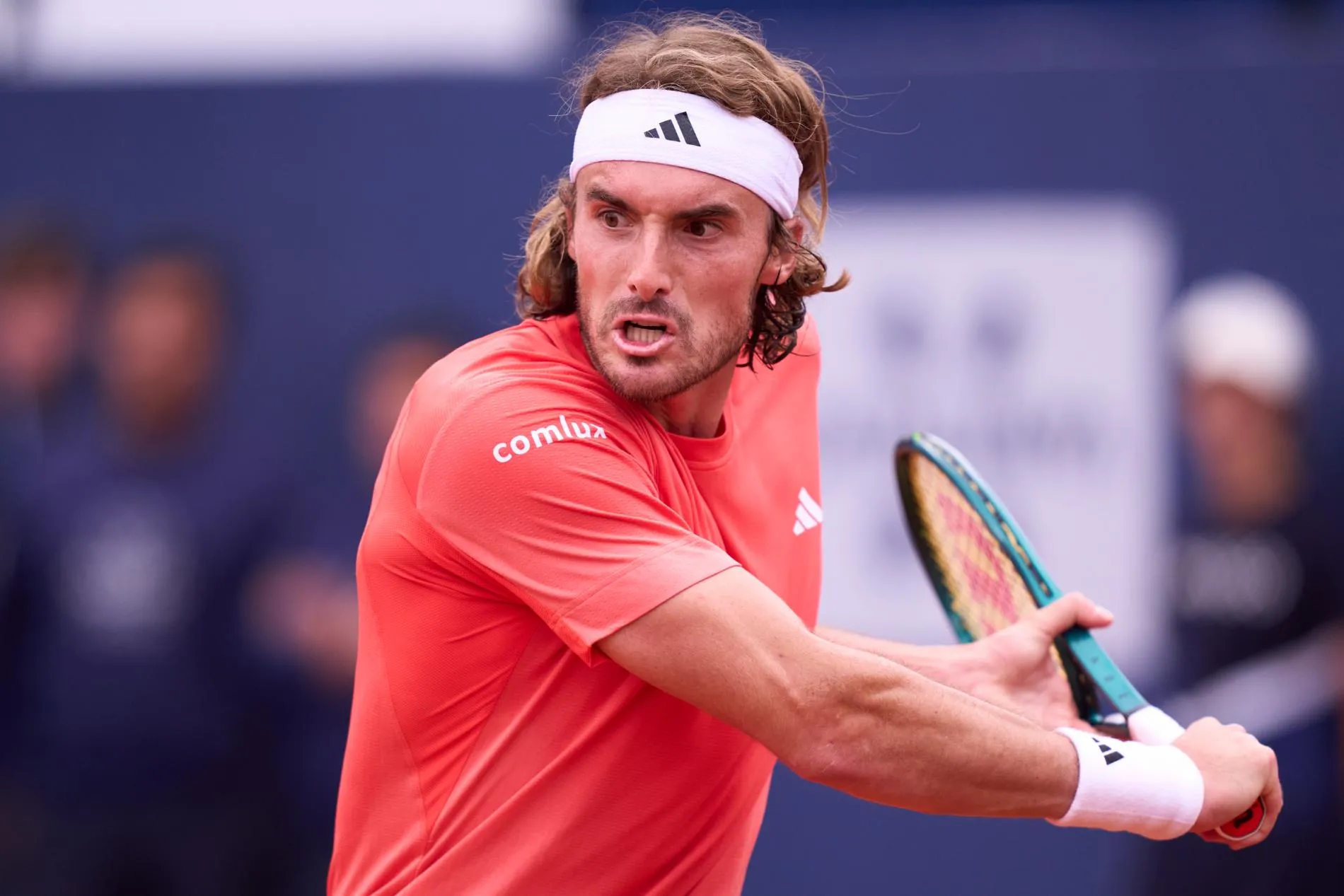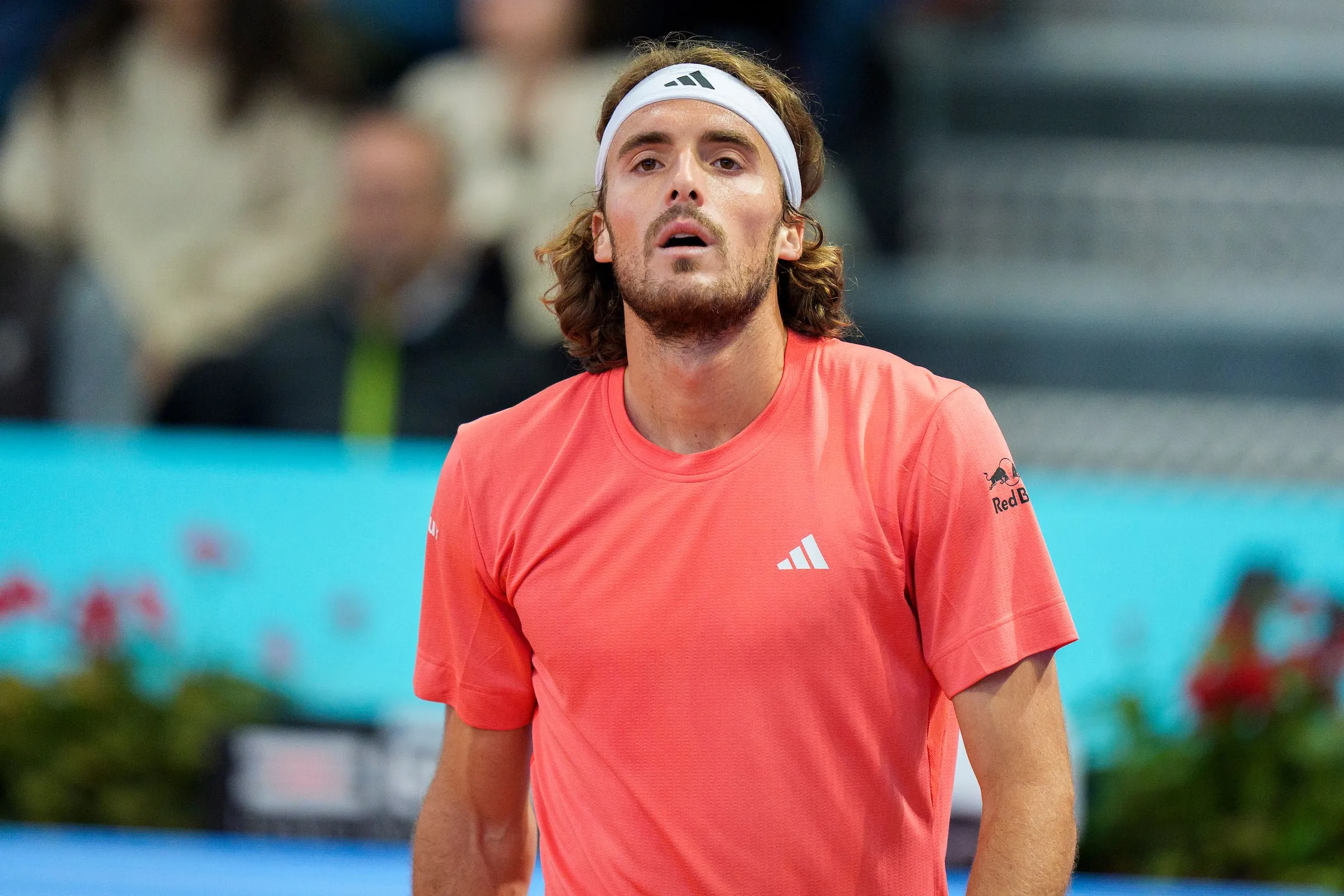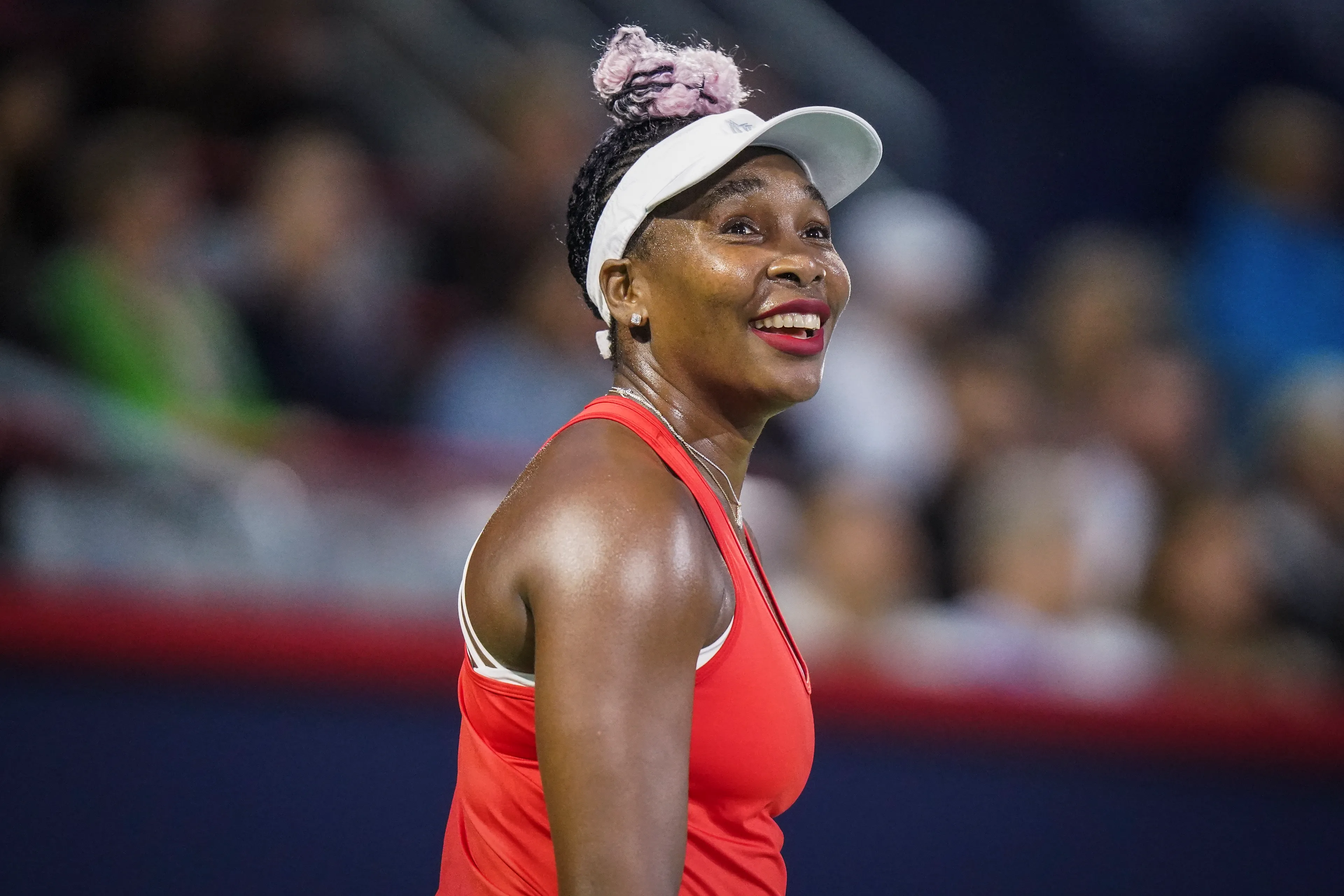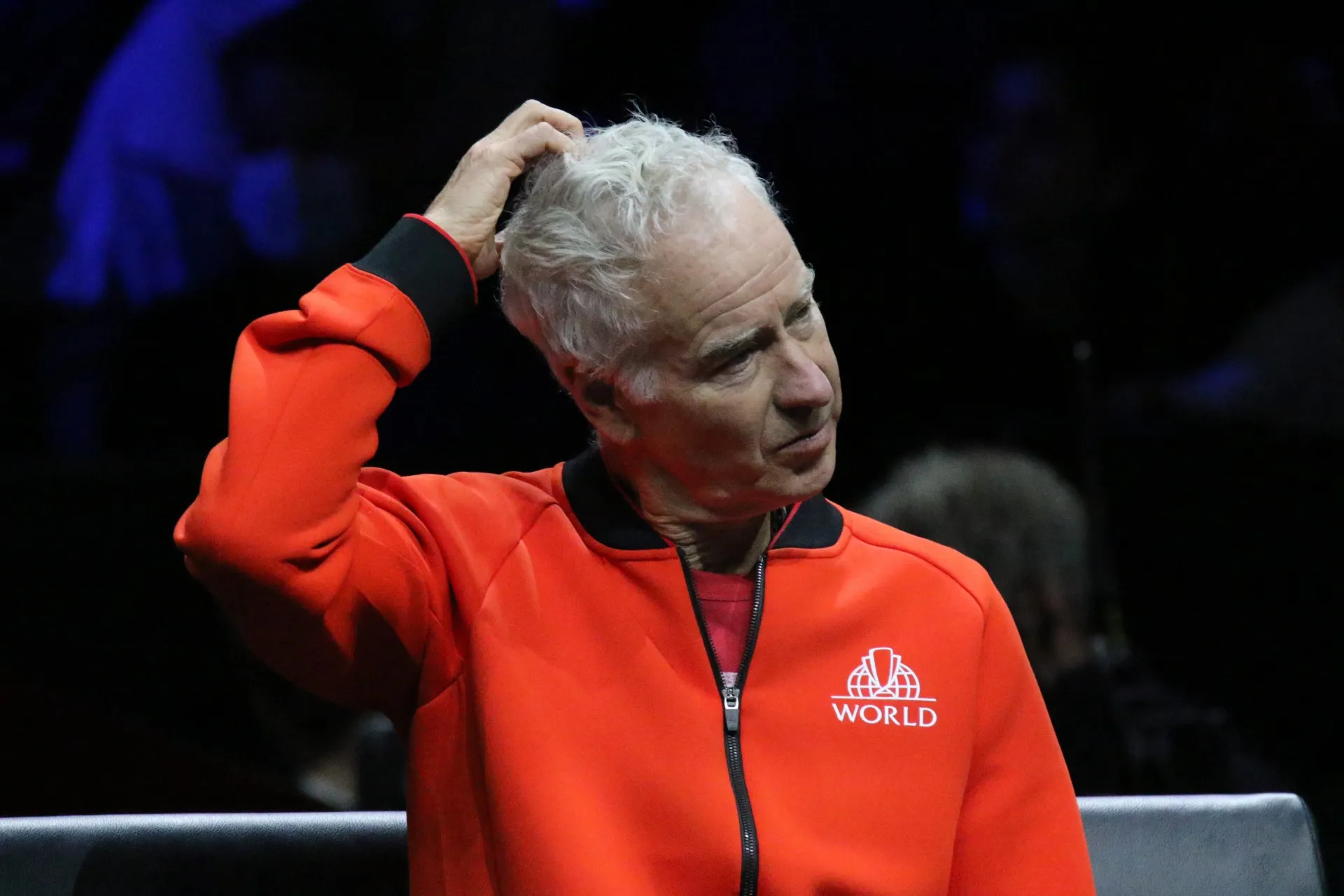Swiatek Claims Russian Players Were Supposed To Be Banned Already Year Ago
WTAThursday, 06 April 2023 at 13:00
Updated at Thursday, 06 April 2023 at 12:55

Iga Swiatek has expressed her belief that tennis authorities could have taken a more decisive stance against the Russian and Belarusian players from the very beginning.
In a candid interview with the BBC, the Pole discussed the impact the conflict has had on tennis and the potential for stronger measures to demonstrate the sport's opposition to war. Swiatek cited historical precedents, such as the post-World War Two ban on German, Japanese, and Italian players, suggesting that a similar ban on Russian and Belarusian players could have sent a powerful message to the Russian government.
"I heard that after World War Two, German players were not allowed as well as Japanese and Italian, and I feel like this kind of thing would show the Russian government that maybe it's not worth it."
Read also
While acknowledging that athletes represent only a small part of the global community, Swiatek emphasized that sports have long been utilized in propaganda efforts, and thus, have a unique role to play in international affairs.
"I know it's a small thing because we are just athletes, a little piece in the world but I feel like sport is pretty important and sport has always been used in propaganda."
The 21-year-old lamented the initial lack of leadership from the ATP and WTA after the war erupted, leaving the tennis world in a chaotic state.
"This is something that was considered at the beginning, tennis didn't really go that way, but now it would be pretty unfair for Russian and Belarusian players to do that because this decision was supposed to be made a year ago."
The young Pole also spoke about some 'brave' Russian players, who are openly saying that they are against the war since the very beginning. On the WTA Tour, it's Daria Kasatkina and among men, it's surely Andrey Rublev who is more vocal than anyone else.
"It's easy to say that but when you're facing people face to face it's a little bit different. I did shake hands, for example, with Daria Kasatkina - she openly said that she's against the war at the beginning and it would be her dream for the war to finish. I really respect that because I feel it's brave for Russian athletes to say that because their situation is pretty complicated and sometimes it's hard for them to speak out loud about it."
Read also
Write a comment
